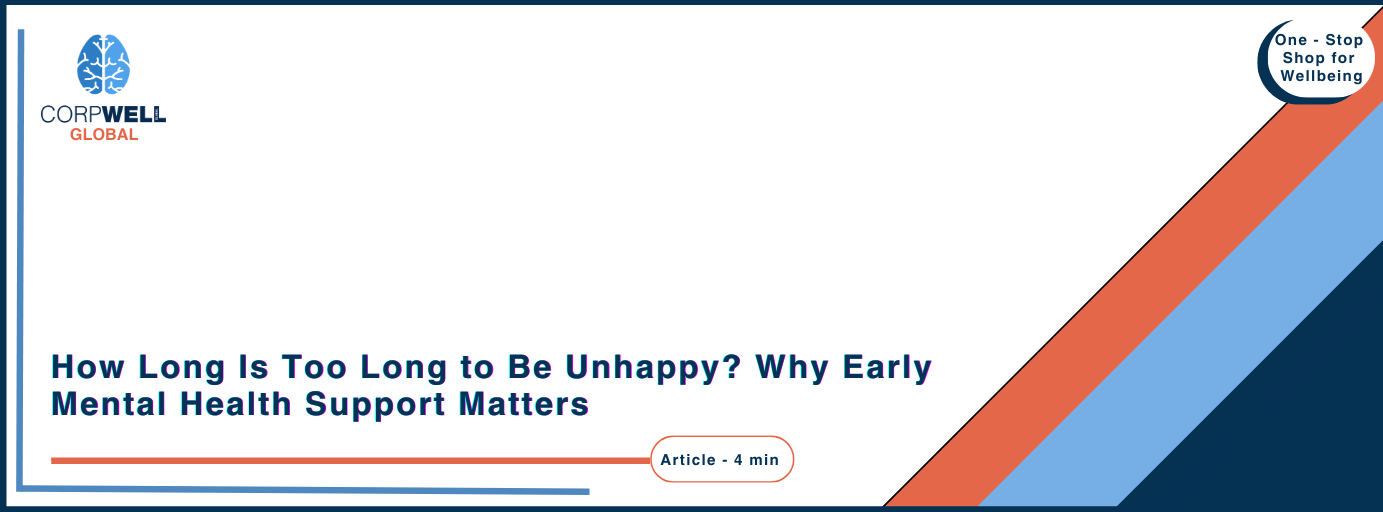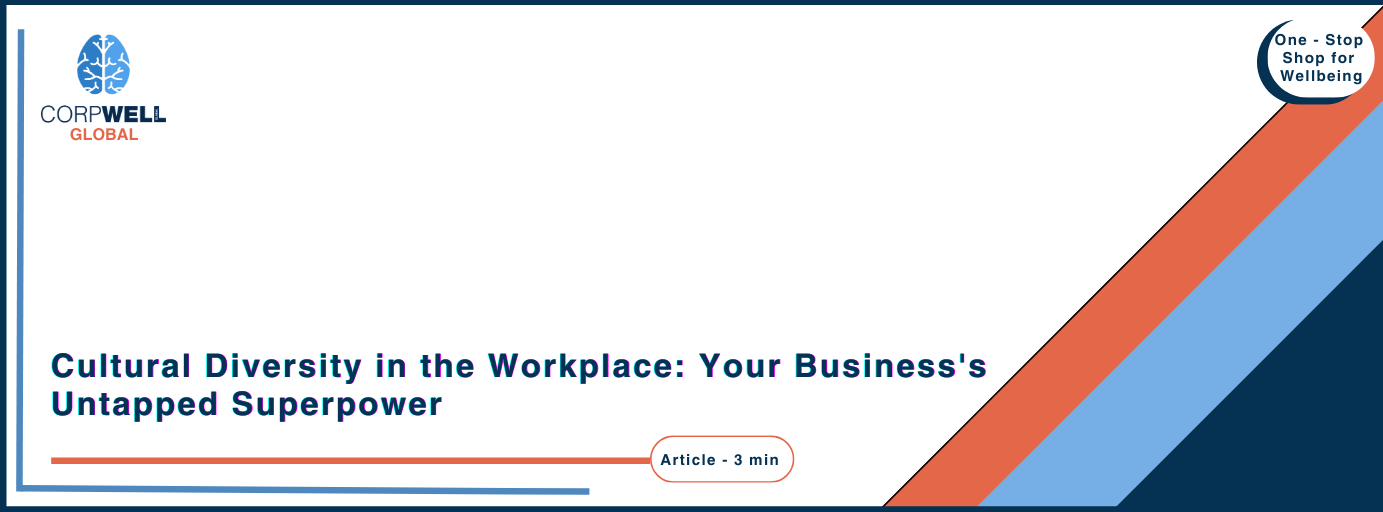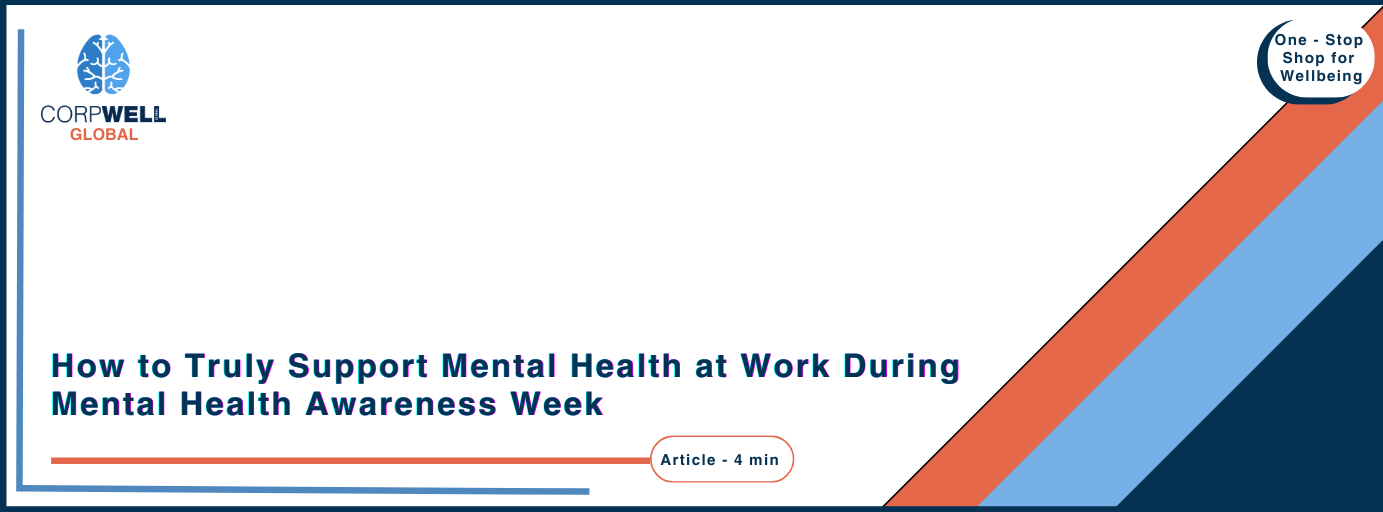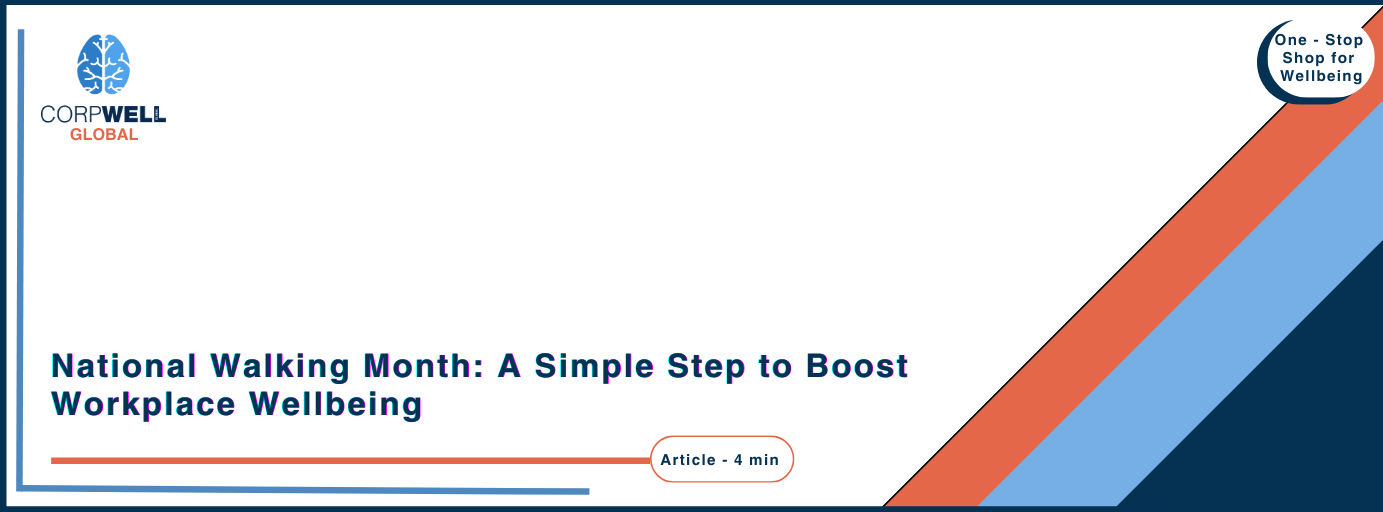
How Long Is Too Long to Be Unhappy? Why Early Mental Health Support Matters
“Is this just a bad week… or is it something deeper?”
It’s a question far too many professionals ask themselves – and ignore. But at what point does lingering unhappiness turn into a wellbeing risk?
The Silent Slide into Burnout
The average person waits 11 years before seeking mental health support after first experiencing symptoms (source: Mental Health Foundation). That’s not just a statistic- it’s a warning sign.
In many workplaces, employees downplay their mental health because:
-They fear being seen as “weak”
-They worry about job security
-They believe they should “just get on with it”
But chronic unhappiness, when left unchecked, can snowball into serious issues like depression, burnout, anxiety disorders, or physical health conditions.
🚨 The Red Flags: When Unhappiness Becomes a Problem
While everyone has off days, long-term low mood shouldn’t be normalised. Here’s when unhappiness becomes a red flag:
-It lasts more than two weeks
-You’re struggling to enjoy things you used to
-You feel constantly drained or disconnected
-Sleep, appetite, or focus are affected
-You feel hopeless or overwhelmed regularly
These aren’t just signs of “stress” – they’re signals that support is needed.
The Case for Proactive Support
Waiting until breaking point isn’t strategy- it’s survival.
Organisations that only offer support after a crisis are missing the point. Preventative mental health services save time, money, and lives. Here’s what works:
✅ On-Demand Access to Mental Health Specialists
Employees should be able to speak to someone before they’re in crisis – not after a GP referral and a 6-month wait.
✅ Mental Health Education for Managers
If your leadership can’t spot the signs of mental strain or know how to respond, you’re vulnerable to avoidable attrition.
✅ Normalising Conversations
When people feel safe to say, “I’m not okay,” they’re more likely to access support earlier -and recover faster.
Real Talk: Unhappiness Is a Signal, Not a Flaw
One of our clients recently introduced optional monthly wellbeing check-ins with a trained facilitator. Within 3 months, 25% of staff accessed early-stage support, many saying they wouldn’t have otherwise spoken up. That’s the power of low-barrier, proactive care.
Next Steps for Forward-Thinking Organisations
If you’re serious about mental health in your company:
-Audit your current wellbeing provision
-Train managers to spot early signs of emotional fatigue
-Offer easy-access mental health sessions (not just EAPs no one uses)
-Create a culture where checking in isn’t awkward—it’s expected
👉 Bottom Line:
The question isn’t “How long do people stay unhappy before seeking help?”
It’s: Why are we letting them stay unhappy for so long in the first place?
📩 Want to talk about creating early-intervention wellbeing programmes for your team? Let’s chat – no pressure, just support.




